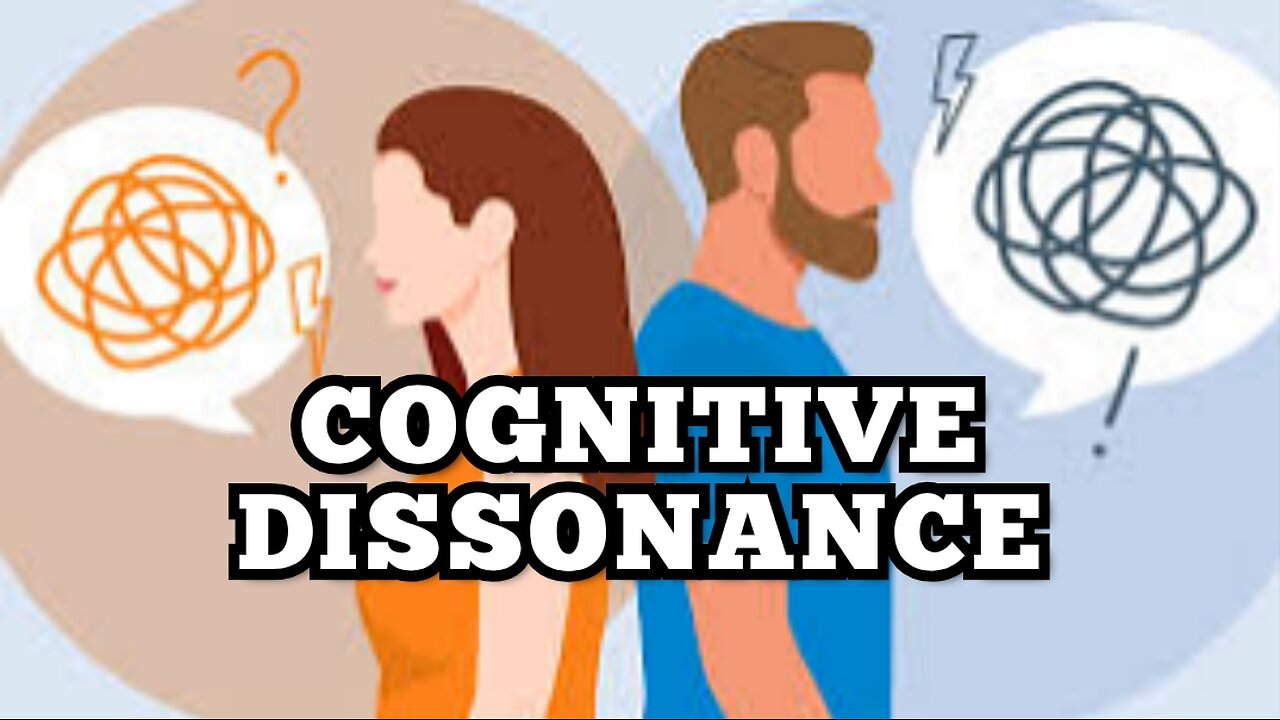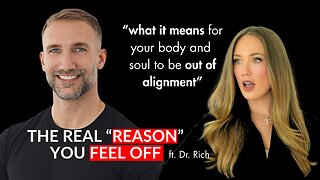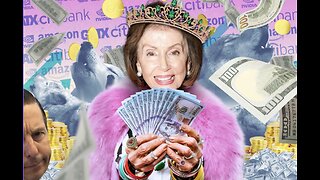Premium Only Content

'Cognitive Dissonance' Dr. 'Amandha Vollmer'
Cognitive Dissonance Dr. Amandha Vollmer
July. 04, 2025. Cognitive Dissonance, Doctor, Studies, Medical Study, Medical, Health, Wellness, Mental Health, Dr. Amandha Vollmer, The Brain,
Cognitive dissonance is the mental discomfort experienced when holding two or more conflicting beliefs, ideas, or values. This conflict creates tension, and individuals are motivated to reduce this discomfort by changing their thoughts or behaviors to create more consistency.
Here's a more detailed explanation:
The Core Idea:
Cognitive dissonance arises when a person's actions or new information contradict their existing beliefs, values, or attitudes.
The Feeling:
This conflict leads to a feeling of unease, tension, or psychological discomfort.
The Motivation:
People are driven to reduce this dissonance because it's an unpleasant state.
How to Reduce Dissonance:
Change a belief: Individuals might alter one of the conflicting beliefs to align with the other.
Change a behavior: They might change their actions to be more consistent with their beliefs.
Add consonant cognitions: They might add new beliefs or justifications to support their existing ones, reducing the conflict.
Trivialization: They might minimize the importance of the conflicting information or behavior.
Examples:
A person who believes smoking is harmful but continues to smoke may experience cognitive dissonance.
Someone who buys a product they later regret might try to find reasons why they still like it.
A person who volunteers for a cause but then doesn't feel like they are doing enough might experience dissonance.
Key Concept:
The theory of cognitive dissonance, developed by Leon Festinger, suggests that individuals strive for internal consistency in their thoughts and actions.
Cognitive Dissonance, Doctor, Studies, Medical Study, Medical, Health, Wellness, Mental Health, Dr. Amandha Vollmer, The Brain,
-
 38:52
38:52
Brad Owen Poker
10 hours ago $0.16 earnedI Play $40,000 ALL IN Pots!!! The BIGGEST Game In Las Vegas! Back-To-Back Sets! Poker Vlog Ep 329
1.49K -
 1:26:35
1:26:35
The Shannon Joy Show
1 day agoTrump Tells Americans to STUFF IT: "Thanksgiving Cheaper Than Ever" Exclusive w/ Daniel Horowitz
2.94K13 -
 LIVE
LIVE
SavageJayGatsby
21 hours ago🔥🥃 Spicy Saturday – 🥃🔥
46 watching -
 LIVE
LIVE
FusedAegisTV
9 hours agoFUSEDAEGIS | Generational Video Game?? | Expedition 33 PART I
2,556 watching -
 23:31
23:31
MYLUNCHBREAK CHANNEL PAGE
1 day agoNo Blueprints - Pt 1
48.1K27 -
 LIVE
LIVE
Major League Fishing
2 days agoLIVE! MLF Toyota Series Championship!
1,987 watching -
 4:38:52
4:38:52
DHG
7 hours agoRE4R - BIORAND X3 ENEMY MULTIPLIER MOD - PROFESSIONAL
20.3K -
 30:14
30:14
Robbi On The Record
1 day ago $6.04 earnedYou’re Out of Alignment: Spiritually, Mentally, Physically. Here’s Why. ft Dr. Rich
33.1K3 -
 4:27:17
4:27:17
LadyDesireeMusic
8 hours ago $2.87 earnedDaily White Pill- Music & Chat
22.2K7 -
 1:33:25
1:33:25
Jeff Ahern
6 hours ago $8.67 earnedThe Saturday Show with Jeff Ahern
35.6K7